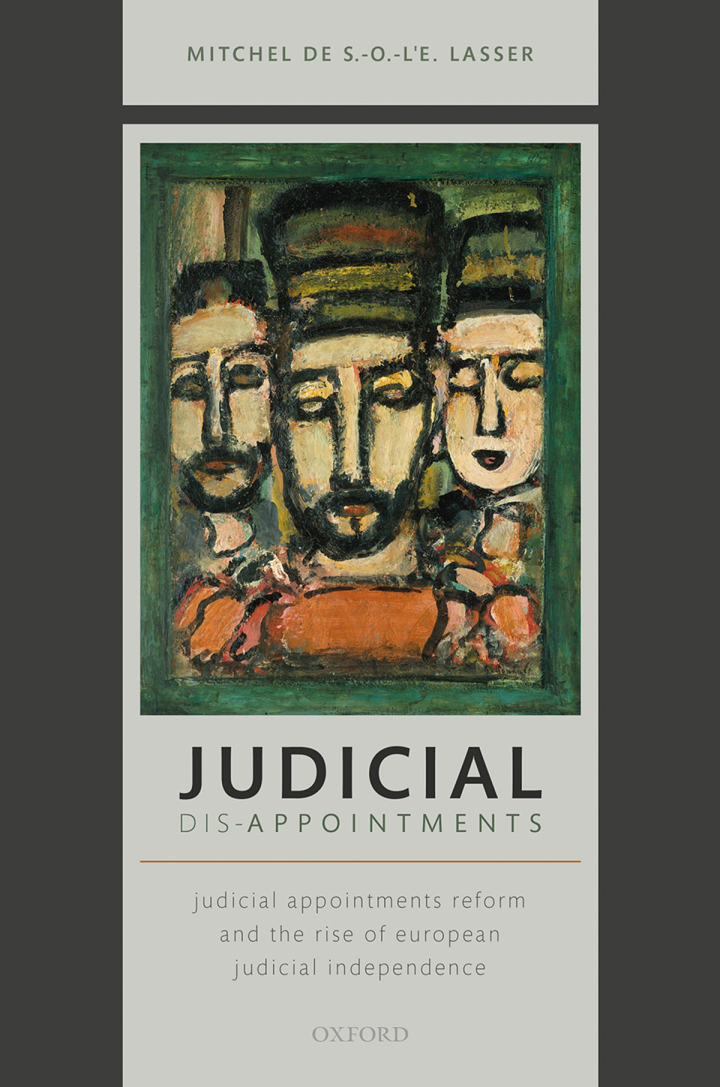“Commercial Arbitration in Sweden
3rd Edition” has been added to your cart. Continue shopping
Judicial Dis-Appointments Judicial Appointments Reform and the Rise of European Judicial Independence
$39.00
Attention: This is just ebook, Access Codes or any other Supplements excluded! / File Delivery: Sent Via Email within 24 hours!
SKU: 740c5863f187
Category: Law Textbooks
Description
-
Author(s)Mitchel de S. -O. -l’E. Lasser
-
PublisherOUP Oxford
-
FormatPDF
-
Print ISBN
9780198868859, 0198868855 -
eText ISBN
9780198868859, 0198868855 -
Edition
-
Copyright
- Details
In 2009 and 2010, the European Court of Justice and the European Court of Human Rights underwent significant reforms to their respective judicial appointments processes. Though very different judicial institutions, they adopted very similar – and rather remarkable – reforms: each would now make use of an expert panel of judicial notables to vet the candidates proposed to sit in Luxembourg or Strasbourg. Once established, these two vetting panels then followed with actions no less extraordinary: they each immediately took to rejecting a sizable percentage of the judicial candidates proposed by the Member State governments. What had happened? Why would the Member States of the European Union and of the Council of Europe, which had established judicial appointments processes that all but ensured themselves the unfettered power to designate their preferred judges to the European courts, and who had zealously maintained and exercised that power over the course of some fifty years, suddenly decide to undermine their own capacity to continue to do so? This book sets out to solve this mystery. Its point of departure is that it would be a mistake to view the 2009-2010 establishment of the two vetting panels in isolation from other European judicial developments. Though these acts of institutional creation are certainly the most notable recent developments, they actually represent but the crowning achievement of a process of European judicial appointments reform that has been running unremittingly since the 1990’s. This longstanding and tenacious movement has actually triggered a broad set of interrelated debates and reforms, encompassing not only judicial appointments per se, but also a much wider set of issues, including judicial independence, judicial quality, judicial councils, the separation of powers, judicial gender equity, and more.
Related products
-

Atiyah’s Introduction to the Law of Contract 6th Edition
Rated 0 out of 5$30.88 Add to cart -

Agency in Mental Disorder Philosophical Dimensions
Rated 0 out of 5$26.00 Add to cart -

Business and Investment in Brazil Law and Practice
Rated 0 out of 5$66.62 Add to cart -

Antitrust and Patent Law
Rated 0 out of 5$97.50 Add to cart


